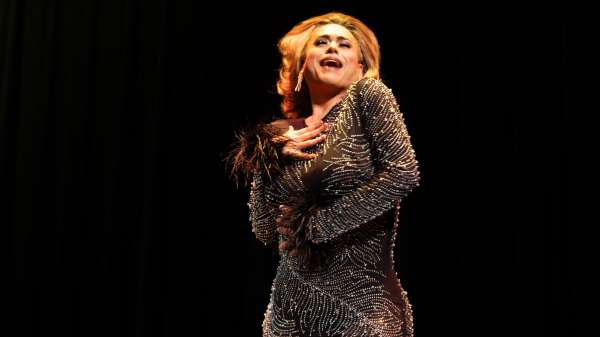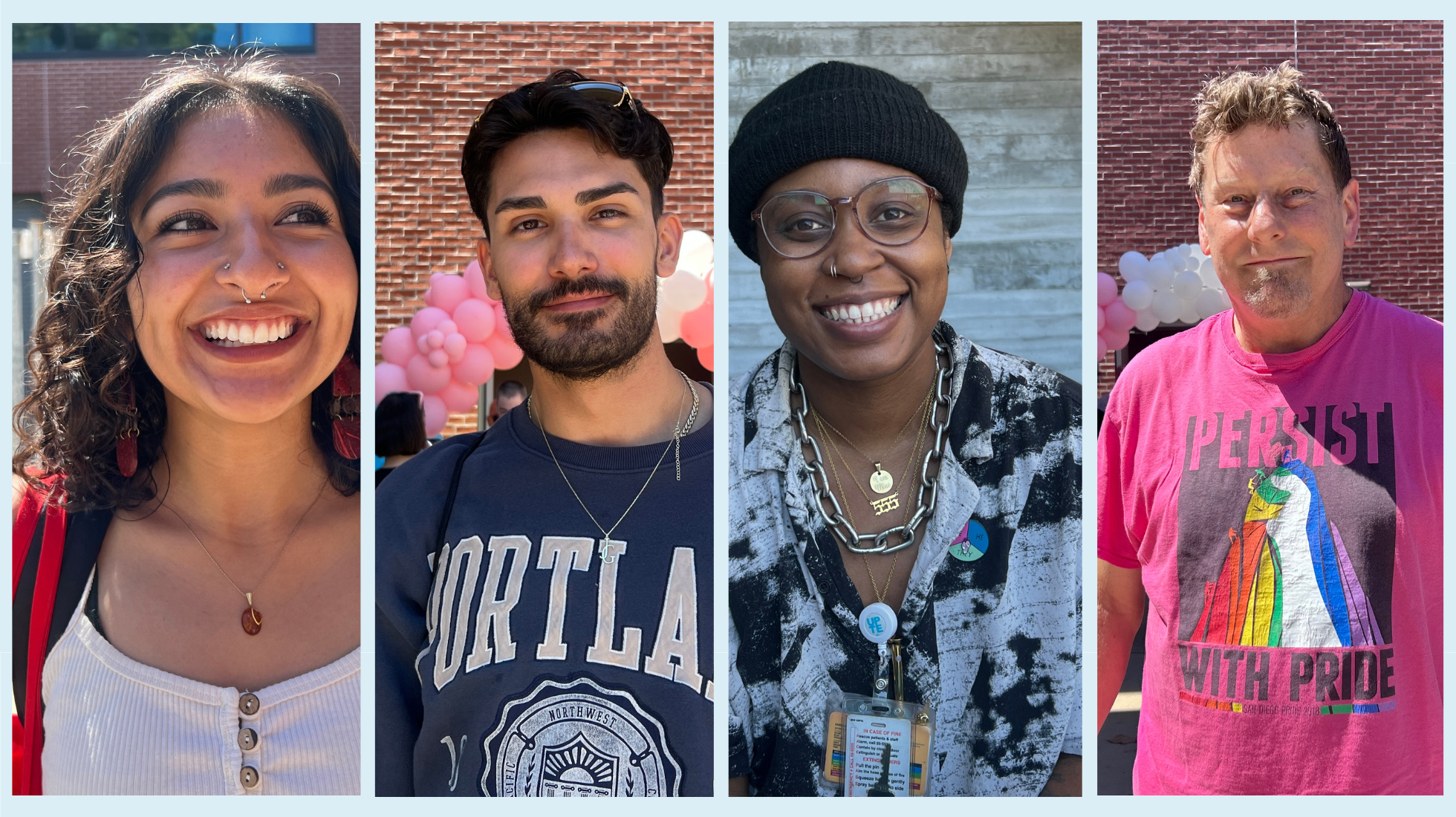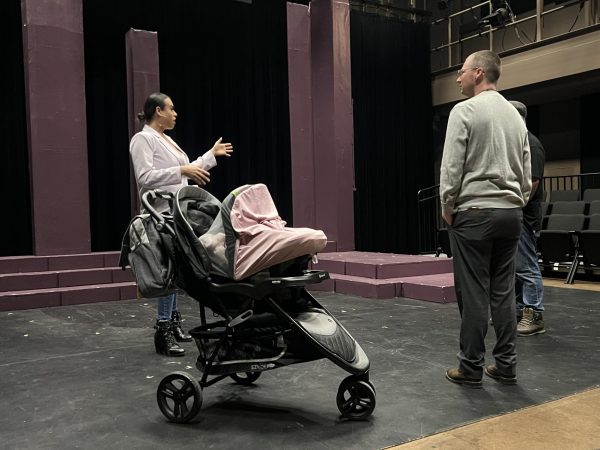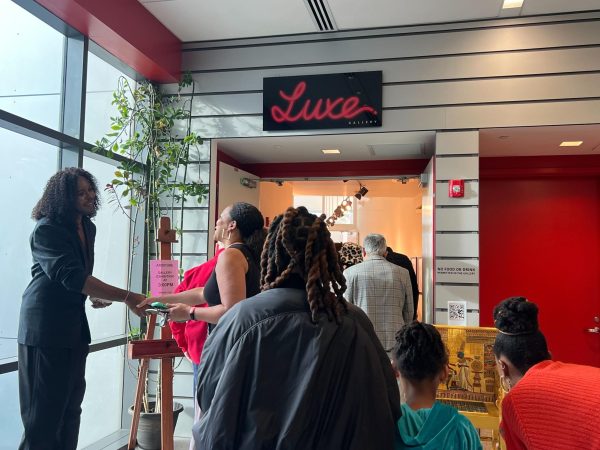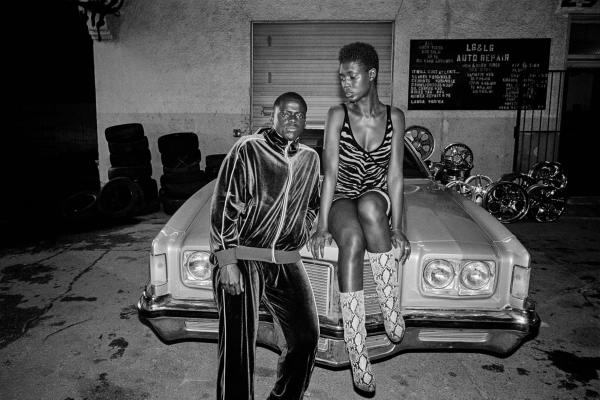Does “Big Little Lies”’ controversial ending do its story justice?
April 11, 2017
I think everyone in the “Big Little Lies” community collectively breathed an enormous sigh of relief when — spoiler alert — the identity of the murder victim, Perry Wright, was revealed.
There were, however, some complaints about a missing detail regarding the past of the show’s murderer, Bonnie Carlson.
What motivation did Bonnie, the young, mature, diplomatic yoga instructor, have to push Celeste’s abusive husband to his death? Why not Celeste, the woman with a law degree who was already fearlessly clawing her way out of that toxic marriage? Why not Madeline, the outspoken woman who relentlessly fought against anyone who crossed her or her friends throughout the series? More mysteriously, why not Jane, the resilient working mother who was actually raped by Perry Wright?
The novel version of “Big Little Lies” explains that Bonnie had an abusive upbringing. However, this detail is completely left out of the show. Some viewers may feel that this left a massive plot hole because Bonnie’s motivation to kill Perry Wright appears to be out of thin air. I respectfully disagree. While I believe that Bonnie, the show’s only woman of color, should have had the same level of character development and screen time as her white female counterparts, including her abusive past would not have been the proper way to go about adding depth to her character.
“Big Little Lies” is not a show that revolves around a murder. The murder, rather, is used as a foil to demonstrate the complex psychology of domestic violence, and shed light on the individual power each woman possesses, whether they be a housewife, a full-time working mother, or a CEO.
The director of the series, Jean-Marc Vallee, beautifully explains to “Variety” why a woman doesn’t need to be battered in order to have the strength or desire to stand up against men, for themselves or for other women. When Vallee was asked about why he left Bonnie’s abusive past out the show, he states, “We realized we didn’t need it. The finale is bigger than giving a justification for Bonnie to push (Perry). Whether or not she’s been abused in the past, this girl can be strong even if she is tiny. This girl can help someone else, even though she doesn’t have anything for Maddie.”
In short, women do not need to have it out for men in order to band together to defend each other, be strong, and overcome obstacles created by this patriarchal world. Is that revelation truly shocking enough to be considered a plot hole?
The identity of the murderer in this murder-mystery solidified the show’s theme that the strength of women, together, regardless of their individual stories, is an unparalleled force to be reckoned with.



